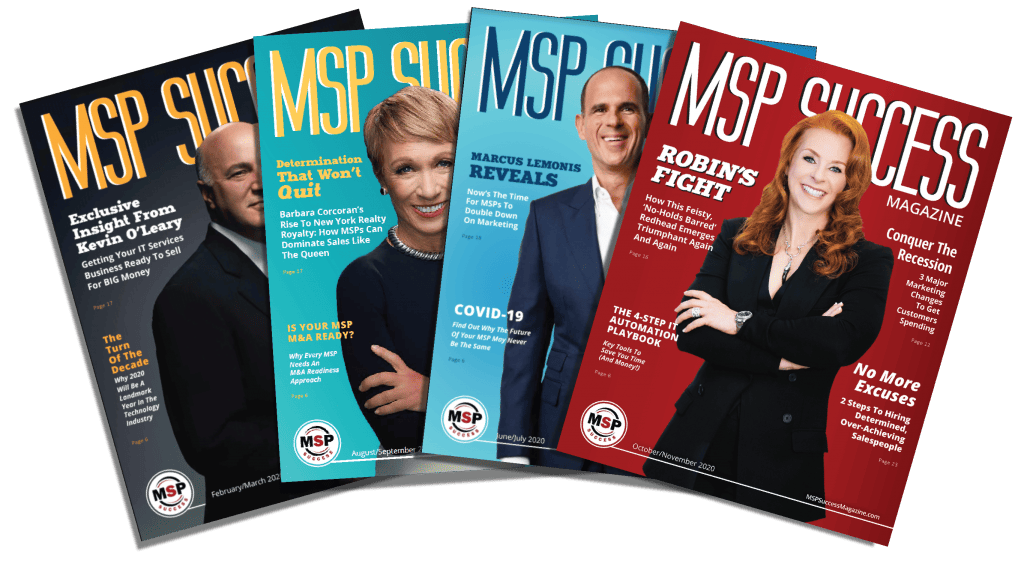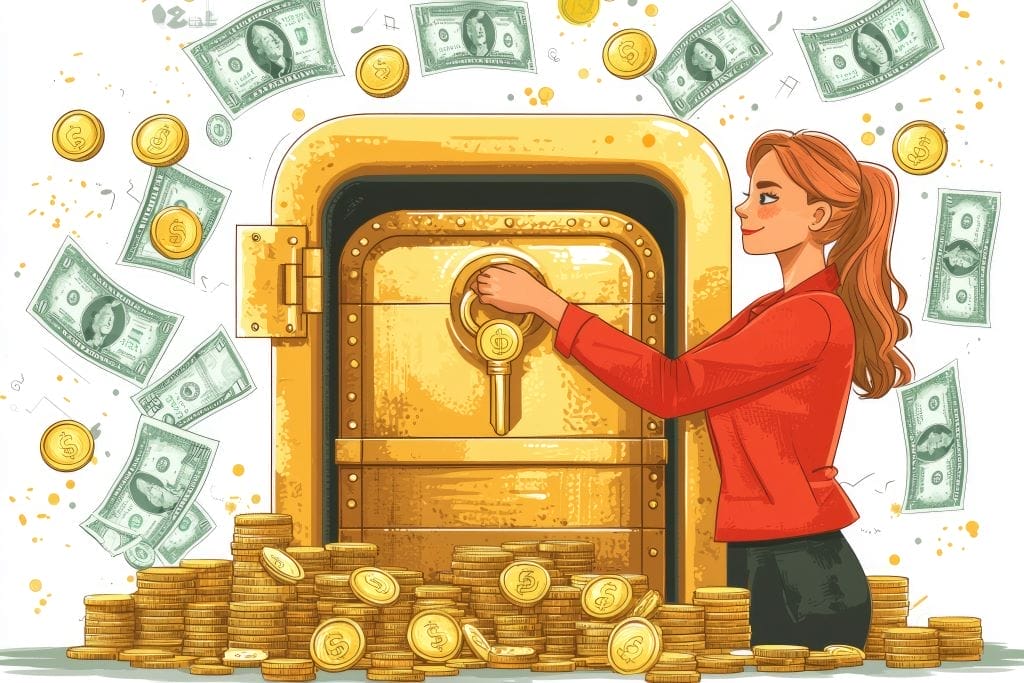Where have all the sales pros gone?
The dictionary defines a “professional” as someone who is highly skilled in their area of expertise. The thesaurus offers synonyms such as “specialist,” “authority,” and “expert.” Someone is called a “pro” when they are at the top of their game. Wikipedia offers that “professionals are subject to strict codes of conduct, enshrining rigorous ethical and moral obligations.”
Yet, the people I see walking around with “sales professionals” on their business card are pretty removed from any of these descriptions. Since so many people reading this are in sales or at least looking to be, I thought I’d share with you the characteristics, skills, and abilities that true sales professionals share. If you purport to be a sales professional, or you want to be one, take note.
1. They’re Serious Students Of Their Craft. A favorite question I have when interviewing salespeople: What sales training have you enrolled yourself in? And 9.9 times out of 10, the answer is none. If they’ve had any, it’s been mandated by the company they work for, not something they took the initiative for themselves. I pressed the last guy I interviewed on why he had never picked up a single book on the subject of selling, even though he’d been in sales for over 15 years. His answer? It never occurred to him. Imagine interviewing a doctor and getting that as an answer.
You: So, doc, tell me what training you’ve had on knee surgery before you cut me open.
Doc: Well, I’ve really never had any formal training — I’ve just picked up things along the way and learned from experience.
A real sales professional who’s serious about their ability should be constantly learning, practicing, and improving — sharpening the saw. They should be studying influence, persuasion, and communication. They should be practicing their presentations as well as their listening, tactical empathy, and writing skills. “Learning on the job” is what amateurs do because it’s sufficient for them to keep their job.
2. They Don’t Skate By On 9–5. Unlike most jobs, salespeople have the unique opportunity to control their income and give themselves a raise at any time — and the raise becomes effective the minute they do. Real sales pros come in early, stay late, and work through lunch. They’re efficient with their time and don’t waste it hanging around the water cooler frittering away the daylight hours, incessantly checking Facebook and text messages. Serious sales pros will put in more hours than their “average” counterparts, who keep telling them, “Don’t work so hard” or “Slow down … you’re making the rest of us look bad!” These are actual things I heard repeatedly from other reps as I moved my way up to the top of the game.
3. They Know Their Product Inside And Out But Know Their Customer Even More. According to a survey conducted by HRC Retail, an overwhelming majority of respondents — 95% — wanted to be left alone by the salespeople in the store, and 85% would rather check prices using a scanner than ask for help. Why is this? Because most salespeople are annoying and worthless, offering no expertise or value to the buyer.
If you want to be truly great at sales and have customers seeking your advice, you need to be an expert at solving their problems. You have to know their situation, misconceptions, beliefs, and goals. You need to be able to advise them, not just sell them. Very few salespeople can tell me the psychographic makeup of their customers. Heck, most don’t even know the demographic makeup of their best customers. On a webinar I recently held, I had a prospect write in the chat, “Is she speaking directly to me? It’s spooky how much she’s nailed my exact situation and feelings!” I get this a lot. If you don’t, then you need to study your customer more. You should be able to articulate their situation, fears, concerns, wants, and problems even better than they can. When you’re able to do that, you’ll gain instant rapport and trust because the customer will feel as though you “get” them.
4. They Know How To Ask Good Diagnostic Questions To Prescribe, Not Just Sell. About a year ago, I ventured into a spa and sauna store, looking for a hot tub. My motivation was to help in recovery from the hard workouts I love. Upon my entering the store, the salesperson asked the obligatory “Can I help you?”
I offered the knee-jerk, usual response, “No, I’m just looking.”
I supposed, to her credit, she ignored my response, but then she really screwed up by saying, “Let me tell you about a sale we’re having” and proceeded to point out the hot tub that was discounted, inviting a price discussion before asking a single diagnostic question. Instead of asking, “Can I help you?” she could have said, “What motivated you to come in today?” or “Is this your first time looking at hot tubs?” She could have asked, “Why are you looking at hot tubs?” From there, she could have learned my motivation was not to find the cheapest hot tub they had, but one that offered therapeutic benefits or to find one designed specifically for athletic recovery. But she wasn’t a pro, and therefore didn’t ask any questions to understand me, my motives, and my situation. I could have gotten more information by searching Google than asking her questions. The store would have done better to have Siri installed.
5. They’re Meticulous On Their Follow-Up And Follow-Through. It’s gotten so bad out there, with standards so low, that we’re actually surprised when someone keeps a commitment they make and does exactly what they promise to do.
True sales pros keep meticulous notes and follow up with prospects as directed. If they say they will send information, they actually do it. If they say they’ll “get back to you” on a question, they actually do. Further, great salespeople are patient and know that customers buy on their own time frame. These sales pros are willing to continue to follow up with a legitimate prospect in a manner that is not annoying until that person is ready to move forward.
6. They Use Scripts, Systems, And Processes. There’s a famous sales trainer, I won’t name, who has a book of 100 ways to close a sale. When I saw the title, I laughed. It would seem to me a book on the single best way to close a sale would be a heck of a lot more valuable than muddling through 99 less-than-excellent ways to get the job done.
The reality is that there aren’t 100 “best” ways to close a sale. There also aren’t 100 “best” ways to prospect, qualify, define a prospect’s buying criteria, overcome objections, and ask for the sale. There’s one — and true top pros work to perfect and refine their process, repeating it over and over again so they continue to meet and exceed quota.
True sales pros also know their numbers and use reverse planning to map out how many sales they need to hit quota, how many proposals they need to have in their pipeline, how many prospects they need to call on, etc. In other words, they don’t wing it. They create a plan, work their plan, and pay attention to whether it’s working … or not. If not, they keep working on refining it until they hit upon the right and best way to get results, then rinse and repeat.
7. They Take Pride In Selling. Zig Ziglar has a fantastic presentation called “Selling: The PROUD Profession,” because far too many salespeople are secretly, sometimes openly, embarrassed that they are in sales. Many so-called salespeople don’t like to sell and think that any tactic, strategy, or approach that could be used to influence someone to buy is an unethical, disgraceful act. They feel their job is to “build relationships” (whatever that means) but never to sell. They’re confused. A salesperson isn’t a professional friendship service, and your prospect doesn’t want to “build a relationship” with you. They have their own friends. You’re there to get people to buy your product or service, period. Yes, it should be done in a professional, ethical, elegant, and even fun way — but make no mistake, you are supposed to do everything within your power to convince a prospect to buy from you and not let them buy from your competition or go without altogether. If you do not believe in your product or service to that level, and do not feel that a customer not buying is a complete failure on your part, find something else to sell or improve your product or service so that you can be that passionate.















